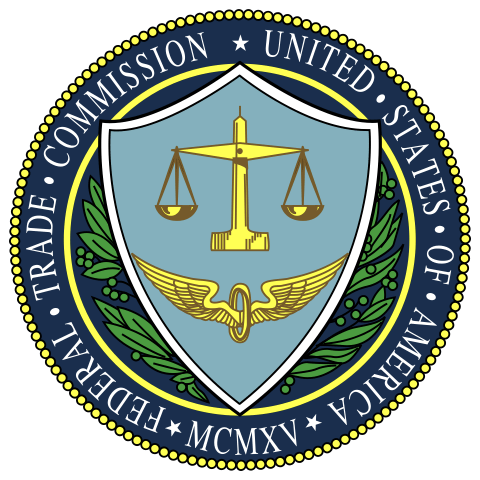
Photo courtesy of Davis Wright Tremaine LLP
The use of artificial intelligence and machine learning technology solutions (“AI”) is becoming increasingly common in all industries, including the registered investment adviser (“RIA”) space. A recent survey by AI platform Totumai and market research firm 8 Acre Perspective found that 12% of RIAs currently use AI technology in their businesses and 48% plan to use the technology at some point, which means there is a realistic expectation that 60% of RIAs will be using AI in the near future. Among other use-cases, AI has the potential to be used by RIAs for portfolio management, customer service, compliance, investor communications, and fraud detection. While regulators are not likely to prohibit the use of AI in the industry, they are likely to closely monitor and regulate specific applications and use cases which is why it is essential for RIAs to understand these emerging rules and regulatory frameworks so they can appropriately leverage the many benefits of AI while ensuring their business remains compliant with these new rules of the road. DWT has recently launched a series of webinars entitled, “AI Across All Industries” available here, that has gone in-depth on the legal issues surrounding the use of AI.







